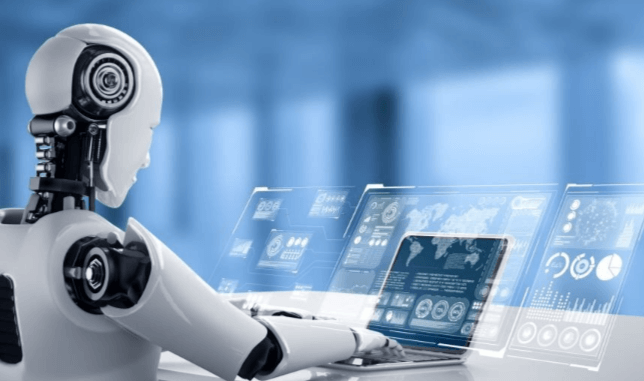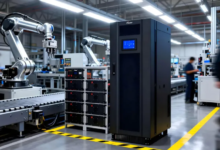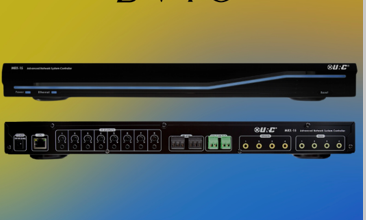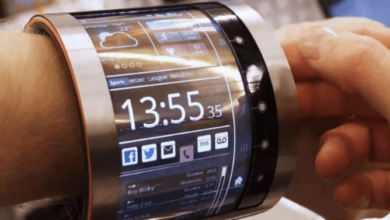What challenges and opportunities does the Internet of Things (IoT) present for urban development?

Introduction
The Internet of Things (IoT) is transforming urban development, presenting both challenges and opportunities. As cities grow and evolve, IoT offers innovative solutions to enhance infrastructure, sustainability, and quality of life. However, integrating this technology also brings complexities.
Understanding IoT in Urban Development
IoT refers to the network of interconnected devices that collect and exchange data. In urban settings, this technology plays a crucial role in making cities smarter, more efficient, and responsive to residents’ needs.
Opportunities Offered by IoT in Urban Development
1. Smart Infrastructure
IoT enables real-time monitoring and management of infrastructure, improving maintenance and reducing costs.
2. Enhanced Public Services
From waste management to public safety, IoT improves service delivery through data-driven decisions.
3. Environmental Monitoring
IoT devices help track air quality, noise pollution, and other environmental factors, promoting healthier urban living.
4. Traffic Management
Smart traffic systems optimize flow, reduce congestion, and enhance public transportation efficiency.
Challenges of IoT in Urban Development
1. Data Privacy Concerns
The vast amount of data collected raises privacy issues, necessitating stringent regulations and security measures.
2. Infrastructure Costs
Implementing IoT infrastructure requires significant investment, which can be a barrier for many cities.
3. Interoperability Issues
Different IoT systems may not seamlessly integrate, complicating efforts to create a cohesive smart city environment.
4. Cybersecurity Threats
IoT devices are vulnerable to cyberattacks, posing risks to city operations and residents’ safety.
Balancing Challenges and Opportunities
While IoT presents challenges, careful planning and strategic investment can mitigate risks and maximize benefits, fostering resilient and sustainable urban environments.
Conclusion
The integration of IoT into urban development offers a plethora of opportunities but also presents challenges that must be addressed. Through collaboration and innovation, cities can leverage IoT to create more efficient, livable, and sustainable urban spaces.
FAQs
What is the role of IoT in smart cities?
IoT plays a critical role by connecting devices and systems, enabling real-time data collection and analysis to improve city services.
How does IoT improve traffic management?
IoT uses sensors and data analytics to optimize traffic flow, reduce congestion, and enhance public transportation.
What are the privacy concerns related to IoT in cities?
The extensive data collection by IoT devices raises concerns about data security and personal privacy, necessitating strict regulations.
Why is cybersecurity important in IoT?
Cybersecurity is crucial as IoT devices are vulnerable to hacking, which can disrupt city operations and compromise safety.
What are the cost implications of implementing IoT?
The initial costs of infrastructure and technology can be high, but long-term savings and efficiency gains often justify the investment.
How does IoT contribute to environmental sustainability?
IoT helps monitor environmental factors like air quality and energy usage, promoting sustainable urban living through informed decision-making.







